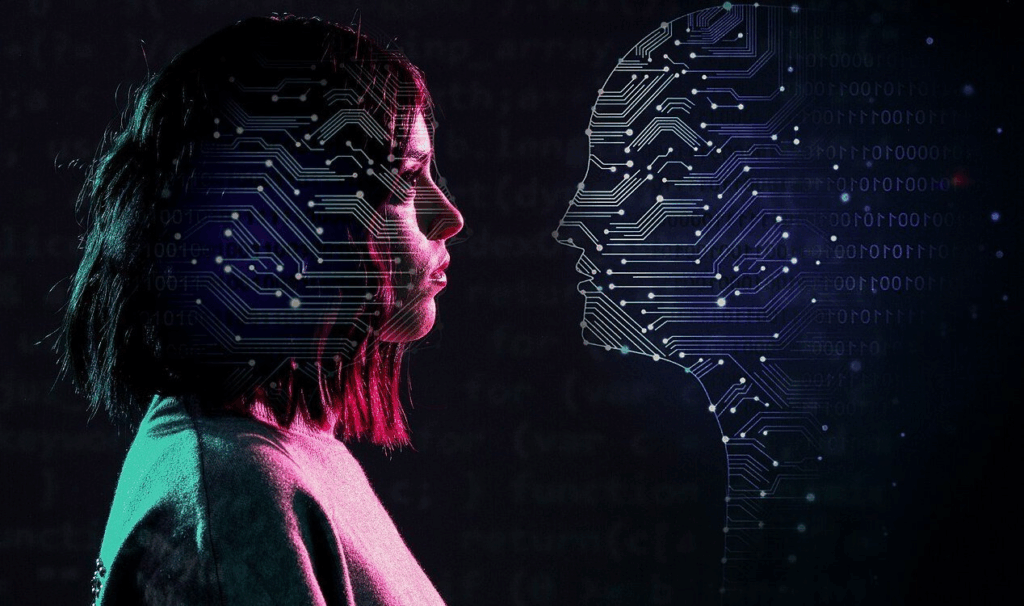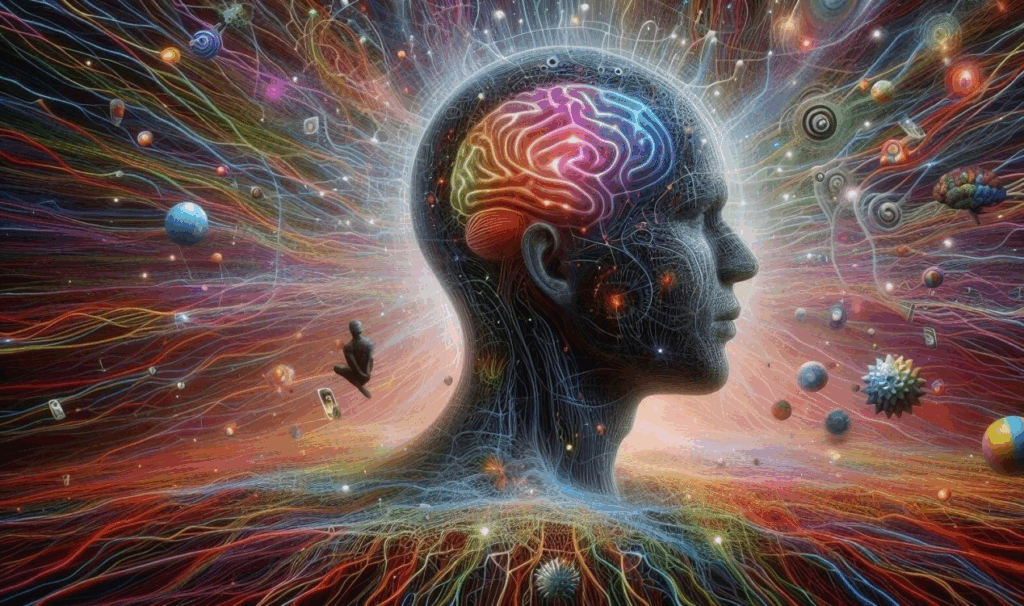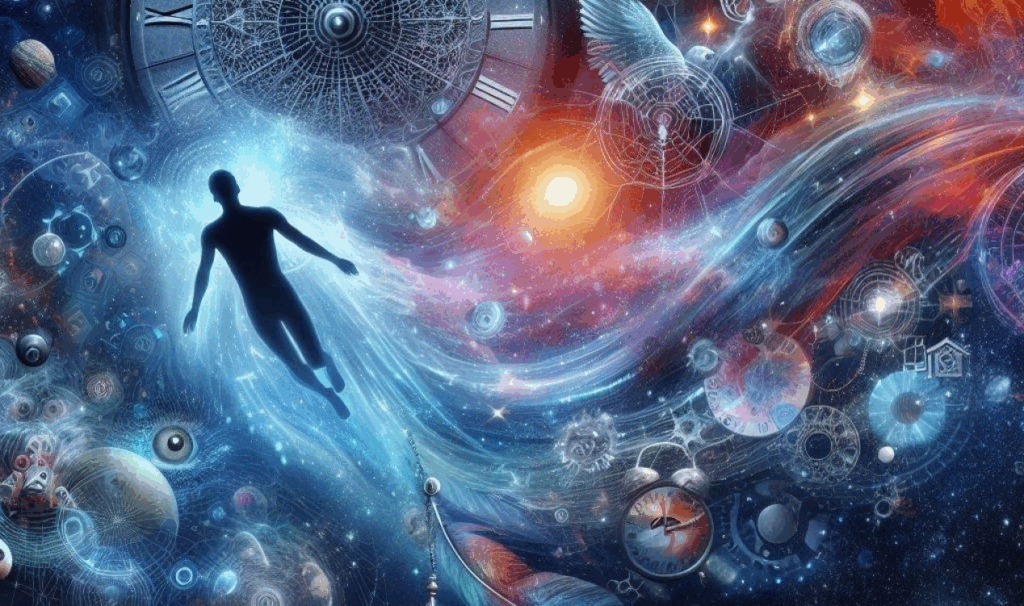🧠 When Artificial Intelligence Creates Illusions: The Rise of ‘ChatGPT Syndrome’

Have you ever felt like ChatGPT “understands you” in a strangely deep way? Or found yourself coming back to talk to it multiple times a day just because it felt like the only one who listens? If yes, read on.
In an era where AI tools like ChatGPT, Claude, and Gemini are becoming everyday companions, psychologists and researchers are observing a concerning trend: people developing delusions, emotional dependence, or obsessive behaviors after extended interaction with AI. This emerging issue is being referred to as “ChatGPT Syndrome.”
🔍 What’s happening?

In countries like the U.S., Japan, and parts of Europe, mental health professionals are reporting a rise in cognitive distortions related to AI interactions. Some users genuinely believe they’re communicating with a conscious entity. Others think the chatbot is sending them special, personal messages.
Examples include:
- A user believing ChatGPT was sent by God to deliver divine guidance.
- A young woman forming a one-sided romantic relationship with the chatbot, spending most of her day confiding in it rather than talking to real people.
It sounds like a science fiction story—but it’s really happening.
⚠️ Why is this dangerous?

AI is not human. Even though it can give seemingly empathetic and intelligent responses, it is simply predicting text based on data, not truly understanding you or feeling anything.
When people start believing:
- AI can fully understand their emotions,
- AI is “the only one who gets them,”
- or worse, that AI has a soul or divine purpose,
… it can lead to delusions, long-term depression, or social isolation.
🧠 Why are people so easily drawn in?
- AI tends to agree with users: ChatGPT is designed to be agreeable, which can reinforce false or harmful beliefs.
- Anthropomorphism: Humans naturally assign personality and emotion to non-human entities—this has been studied since the 1960s with the ELIZA chatbot.
- Modern loneliness: In today’s fast-paced world, many people find comfort in a “nonjudgmental AI friend”—which ironically increases detachment from human connection.
🧩 Who is most at risk?
- People experiencing loneliness, depression, or anxiety.
- Users who spend excessive time interacting with AI.
- Individuals with pre-existing mental health conditions or obsessive tendencies.
🔬 What could go wrong?
- Blurring of reality and fiction: People lose the ability to distinguish AI’s automated responses from real emotional insight.
- Social withdrawal: Preference for interacting with AI over real humans.
- Dangerous misinformation: Users may follow AI-generated advice in medical, financial, or legal contexts—sometimes with serious consequences.
- Increased risk of self-harm: Some studies show AI may miss or mishandle suicidal ideation, potentially worsening a crisis.
✅ What should we do?
Experts and developers suggest the following:
- Clear labeling: Always make it obvious the user is speaking to a machine.
- Program AI to say “I don’t know” more often, to reduce overconfidence in false responses.
- Time-based limits: Prevent excessive use in emotionally vulnerable users.
- Keep humans in the loop: AI should not replace therapists or counselors.
- Use verified data sources: Integrate AI with factual databases to avoid hallucinated information.
- Public education: Help users understand the capabilities—and limitations—of AI.
🌟 AI is not the enemy – but it’s not your best friend either
AI is transforming the way we live, learn, and work. But over-humanizing it can lead us into mental traps of our own making.
The key is to use AI as a tool, not a replacement for real human connection. No matter how intelligent it sounds, a chatbot has no heart, no soul, and no awareness—but we do.

Have you ever felt emotionally attached to an AI? Don’t be afraid to talk about it. The more we understand, the more safely we can navigate this new digital reality.